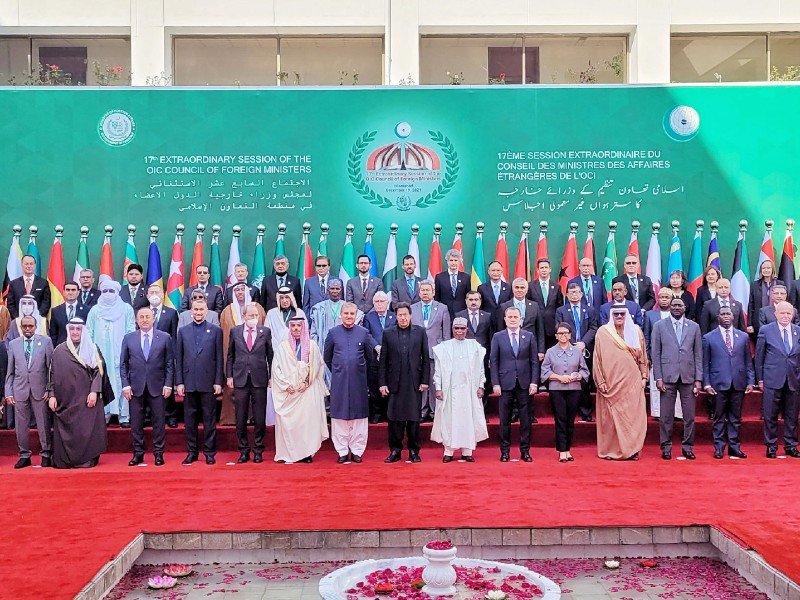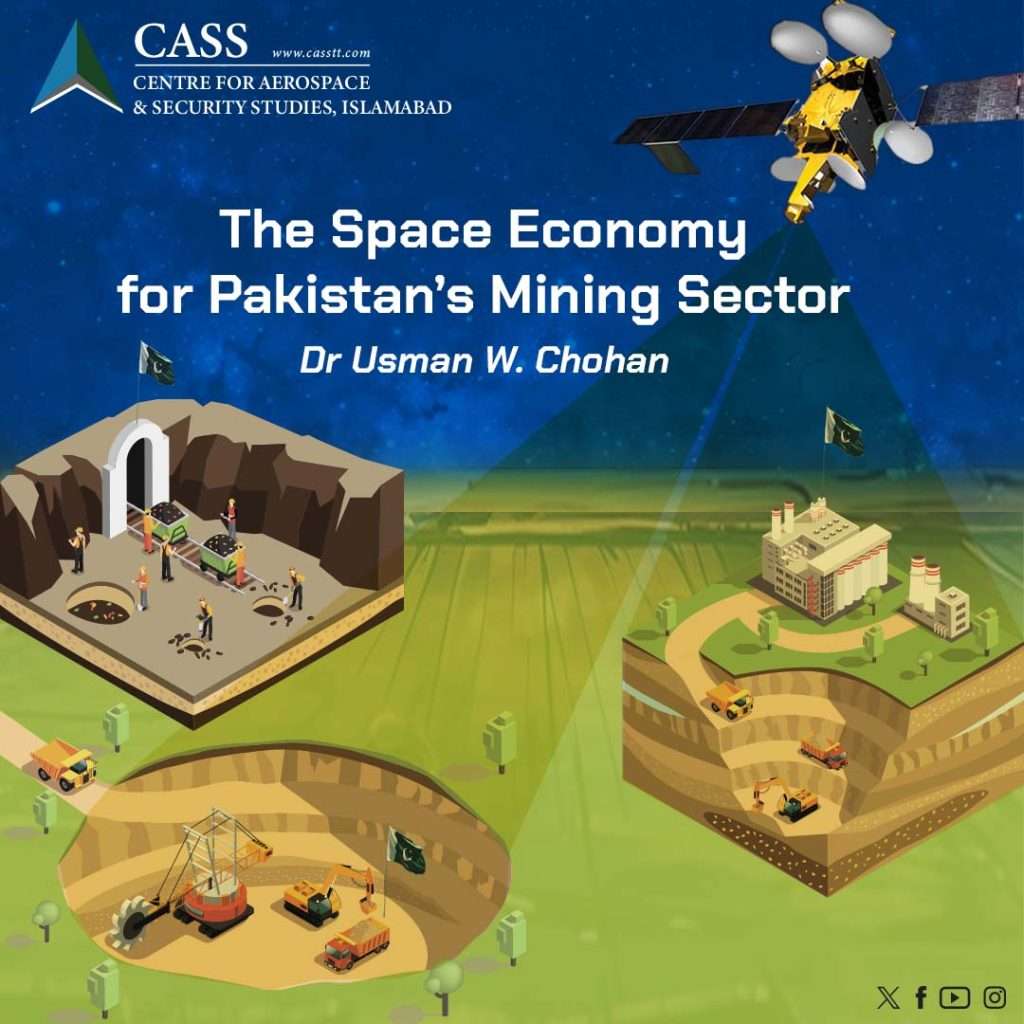The hasty withdrawal of US forces from Afghanistan in August 2021 was seen by some as the endgame to their longest-running “forever war”; a 20-year occupation which bled trillions of dollars with little on the ground to show for it. Since their chaotic departure, however, a new chapter of despair has opened for the people of Afghanistan, who now face a situation far worse than anything they could have imagined in the past forty years of persistent conflict. This new chapter is characterised by the spectre of “universal poverty,” according to the United Nations, in the sense that 97 percent of the country now faces utter destitution. The notion of “universal” poverty is scarcely found in history, and tends to be the product of active armed conflict. But the Afghan people are not in a state of armed conflict, and yet the remaining droplets of their blood are being sucked out of parched veins through a sanctions regime that holds back nearly $9 billion in assets that belong to the people of Afghanistan.
These sanctions have left the country economically paralysed, and are compounded by other sorrows including acute drought and the Covid-19 pandemic, which are also forces beyond the control of the ordinary Afghans. The culmination of these various tribulations means that many Afghans may not make it through the winter without outside assistance, and so while the Americans might have seen the withdrawal as the chaotic endgame, the Afghan people now see their withering away in a brutal winter as the endgame of an already precarious existence. It is in this context that Pakistan and Saudi Arabia have convened an extraordinary summit of the Organisation of Islamic Cooperation (OIC) on the subject of Afghanistan, noting both the immediacy of the crisis that Afghanistan faces and the risks of spillover well beyond the country’s borders.
For some observers, myself included, it seemed evident that the birth pangs of the new government in Kabul would snowball into a larger crisis unless interventions were made immediately after August 15th. Without immediate actions, one might have surmised, the problem would metastasise from a financial crunch into a sweeping force of death and desperation. Yet in the ensuing months, a sort of limbo prevailed as various interest groups fought over the future of Afghanistan in world capitals, as when the US Congress held a long series of hearings in the search for accountability and blood, forcing many important figures into the uncomfortable position of deflecting blame while the American people seethed with the humiliation of defeat. Other withdrawing nations held similar post-facto ceremonies while the people of Afghanistan themselves seemed almost forgotten.
Meanwhile, Pakistan urged for a sober appraisal of the situation and a sense of compassion for the Afghan people, but many international pundits read this as sympathy for the new government, which it was not. Indeed, the extraordinary summit of the OIC is not a gathering of countries sympathetic to the new regime in Kabul, and none of the OIC member states have accorded full recognition to the Taliban. It is the gravity of the looming humanitarian catastrophe that has galvanised the OIC member states to discuss a way forward for Afghanistan, knowing full well that the repercussions of Afghanistan’s collapsing endgame will spill over into their societies, and further outward as well. There is no wall high enough to keep this level of “universal poverty” and desperation at bay, and most Afghans on the move will certainly try their luck for the “safe shores” of Europe. This is why countries outside of the OIC membership have also attended the summit and paid careful attention to its proceedings, since they also have a stake in the post-war stabilisation of Afghanistan, lest the teeming migrants flounder about their shores soon enough.
As such, the extraordinary summit offers the glimmer of hope that countries around the world might assemble to work out some sort of assistance for the Afghan people as the depths of winter approach. It is an opportunity to salvage an already desperate situation, and help the Afghan people in this hour of need. Two noteworthy measures that have emerged from the summit are a Special Envoy on Afghanistan and an OIC trust fund, with the latter being especially important in the provision of immediate relief. After all, without collective action, one risks seeing the worst endgame for Afghanistan one could have imagined, a final death knell in a 40-year cycle of torment. This is why Pakistan’s proactive diplomacy to rescue its neighbour from such a fate must be applauded.
Dr. Usman W. Chohan is the Director for Economic Affairs and National Development at the Centre for Aerospace and Security Studies (CASS). This article was published in the Nation. The writer can be reached at cass.thinkers@gmail.com.
Image Source: “OIC Sets up Humanitarian Fund, Food Programme for Afghanistan,” (2021, Dec 19). The Express Tribune. http://tribune.com.pk/story/2334678/oic-sets-up-humanitarian-trust-fund-food-support-programme-for-afghanistan.





